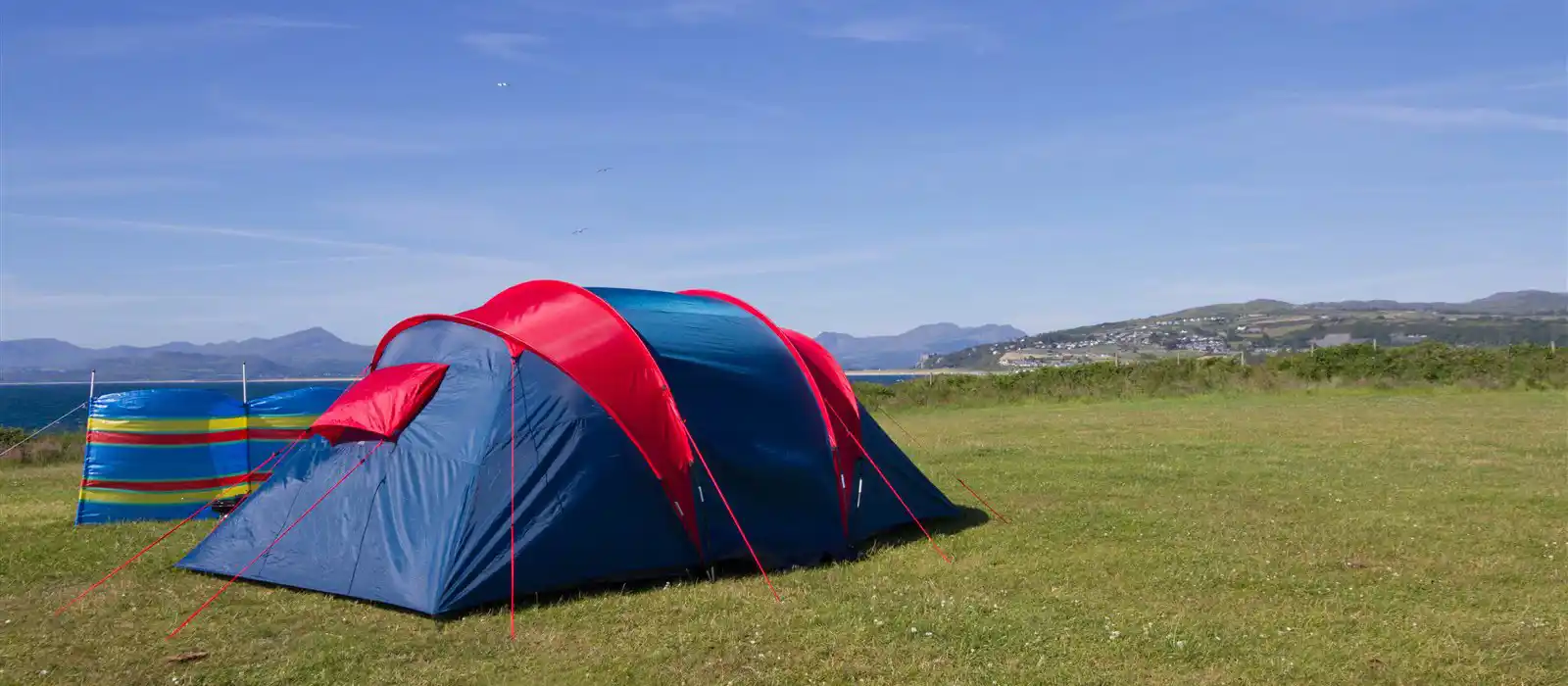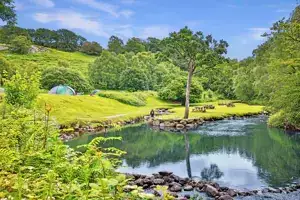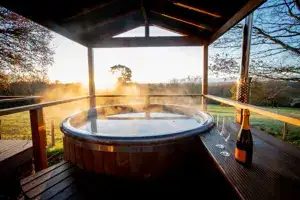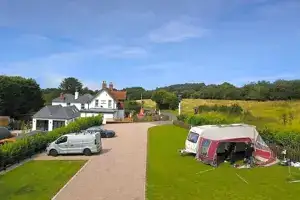The wild camping code of conduct was put in place to ensure that campers can practice wild camping in a sustainable way that will cause minimal impact to the natural landscape as well as the people and wildlife who call it home.
The code of conduct supports the principle of leaving no trace. This means that wild camping locations should be left exactly as campers found them (or better than that, in the case of clearing up litter), with no sign that you had ever camped there.
There are several practices within the code that should be followed.
The first is that campers should avoid staying in one location for too long (no longer than two or three days) and should keep their camping party numbers small. This practice is in place in order to avoid causing damage to the land, flora and fauna within a specific camping spot.
When it comes to choosing a location, you must pick a spot that is out of sight of buildings, roads and livestock. Campers’ presence within an area should be as unobtrusive as possible. In addition to picking a remote spot, you should use equipment that blends into the landscape rather than standing out, for example a dark green or brown tent rather than a bright orange one.
Digging drainage ditches or moving large rocks or boulders is not acceptable wild camping practice, so bear this in mind when choosing a location. You should also avoid choosing locations very close to water sources in order to avoid disturbing animals that live next to or visit them.
You must bury all toilet waste at least 100 feet away from any water sources (though ideally 200 feet or more), and this applies to urination as well. It is not acceptable to simply cover up toilet waste with vegetation or rocks. Bring a trowel with them which will make it easier to dig a hole for burying the waste.
While human waste should be buried, tampons and sanitary pads should never be buried but instead removed with the rest of your rubbish, as otherwise animals will dig it up.
It's also important not to use substances such as shampoo, soap or detergents in local water sources such as rivers, ponds and lakes. Instead, use alcohol gels and products such as Pits & Bits or Sea to Summit Wildness Wash.
In terms of settling into a particular camping spot, it is important to pitch a campsite late and leave early in the morning (consider late after 5pm and early before 9am). The later you can pitch and the earlier you can leave, the better.
If possible, you should ask the land owner for permission before setting up camp, and if asked to leave you should do so quickly and without making a fuss. Speaking to the landowner beforehand is also a good opportunity to ask for advice on which locations are particularly good for wild camping of course.
It is always preferable to use a cooking stove rather than making a fire in order to avoid impacting the landscape. If you do want to make fires, you should first check that you are allowed to do so, as fires are banned in some locations.
Campers who do make fires should do so in a responsible manner, keeping the fire small, ensuring it is never left unattended and making sure there is no trace of the fire when they leave. It is also important that you do not damage trees and other vegetation when making a fire, so you should either use wood gathered from the ground (small twigs or branches that have naturally broken off from vegetation and trees) or bring your own fuel.
Finally, you should never leave any rubbish or equipment behind (and it is good practice to remove any litter that has been left behind by other people), be quiet and respectful of your surroundings.
The rewards of camping out in the wild are well worth the rules you must follow. However, if all of this feels a bit outside of your comfort zone, you could try our selection of almost wild campsites instead!
Download our list of everything of you need to remember for the perfect camping trip!
DownloadIn the UK, you don't have to travel far to see some amazing sights.
We're lucky enough to have world-besting landscapes, history and wildlife right on our doorstep.
Where will you explore next?
Explore Destinations


